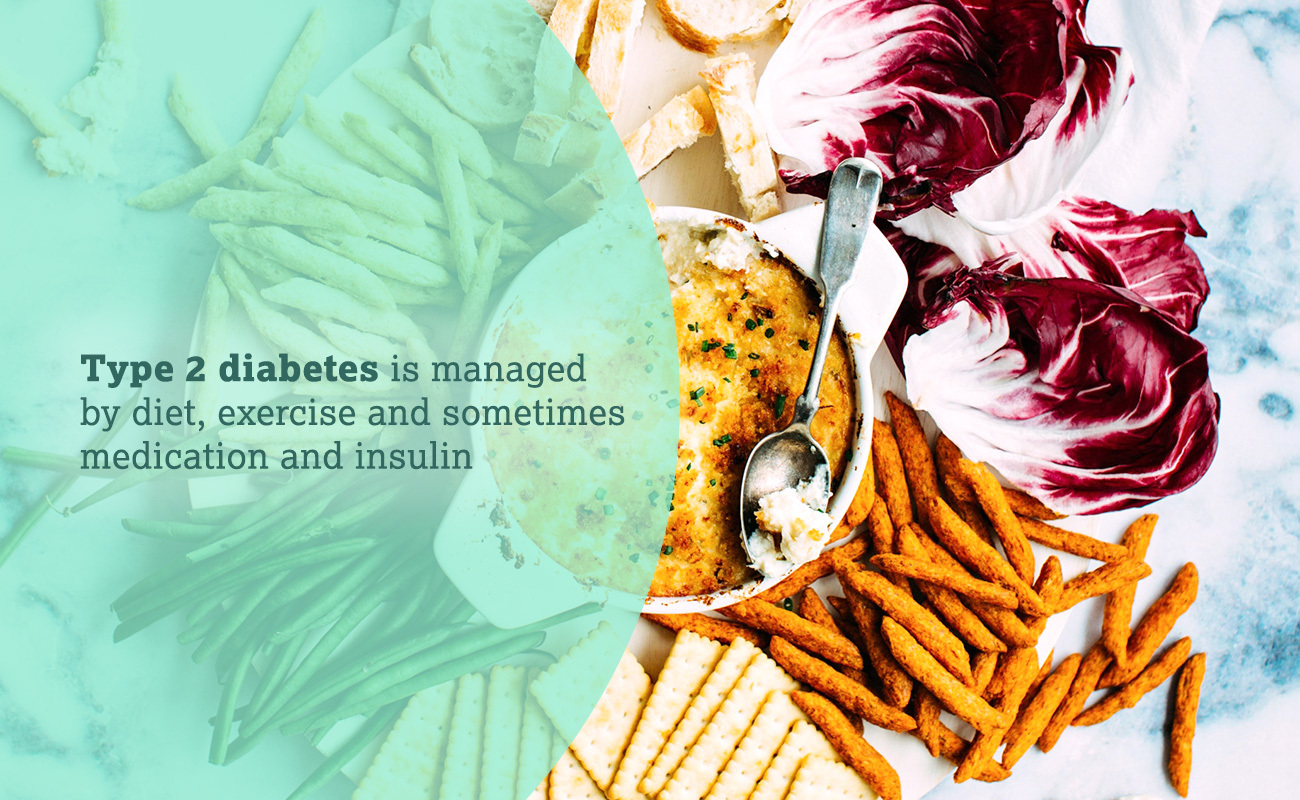Take the Wheel When it Comes to Diabetes

Maybe it’s happened to you. You’re driving along, and as you come to a stop light you hear it. A little squeak from your front passenger-side brake.
“Maybe the brakes are wet,” you think. “It did just rain.”
The light turns green, you get going, and as you approach the next light, you hear it again. Squeak.
“Well, I’m sure it’s fine,” you think. “I’ll have the shop look at it when I go in for my next oil change.”
Ignoring squeaky brakes may work for a while, but if you put it off for too long, the repairs will be more costly than they need to be and, perhaps worse, you could find yourself in an accident.
Our health is a lot like our car: Taking care of a potential problem early will help avoid costly consequences down the road.
When it comes to diabetes, choosing to talk to your doctor could seem scary. Any time we face a possibly life-changing diagnosis, it’s frightening. But knowing the signs of prediabetes and diabetes can empower you to have an informed conversation with your doctor and develop a treatment plan that’s right for you.
Prediabetes generally has no symptoms, but you may be at risk if you:
- Are overweight
- Are 45 or more years old
- Have a family history of type 2 diabetes
- Get little to no physical activity
- Had gestational diabetes
Like having your car routinely inspected for safety, you should make sure your doctor knows if you are at risk for prediabetes and type 2 diabetes. Plus, be sure to tell him or her if you are experiencing the following:
- Feeling unusually thirsty
- Feeling unusually hungry
- Frequent urination
- Blurry vision
- Extreme fatigue
- Slow-healing cuts or bruises
- Tingling or numbness in your hands or feet
Much like your trusty mechanic, your doctor can run diagnostic tests to see what, if anything, is wrong. Your doctor won’t put you on a hydraulic lift or take your wheels off, but he or she might run:
- Hemoglobin A1c: a blood test that gives a three month average of your blood sugar levels
- Fasting plasma blood glucose test: a blood test that measures your blood sugar after you have not had anything to eat or drink for about eight hours
Just because your brakes need to be fixed or replaced, doesn’t mean you need a new car. The same is true if you have prediabetes or diabetes. Prediabetes is not a guarantee that you will eventually get type 2 diabetes. Making moderate lifestyle changes like taking a walk, eating more vegetables, and losing weight can keep your blood sugar in check and type 2 diabetes at bay. Check out a Diabetes Prevention Program that can help reduce your risks.
If you are diagnosed with type 2 diabetes, it is also manageable. Medication – often taken by mouth and not necessarily injected – can keep your sugar levels stable. Combined with lifestyle changes, type 2 diabetes does not have to hold you back.
CDPHP has a number of online resources to help you manage your blood sugar and stay healthy.
You shouldn’t ignore squeaky brakes, nor should you ignore possible signs of diabetes. Know your risk. Then get informed, talk to your doctor, and take the right steps to keep your engine running for years to come.
 The Daily Dose
The Daily Dose
Comments are closed.